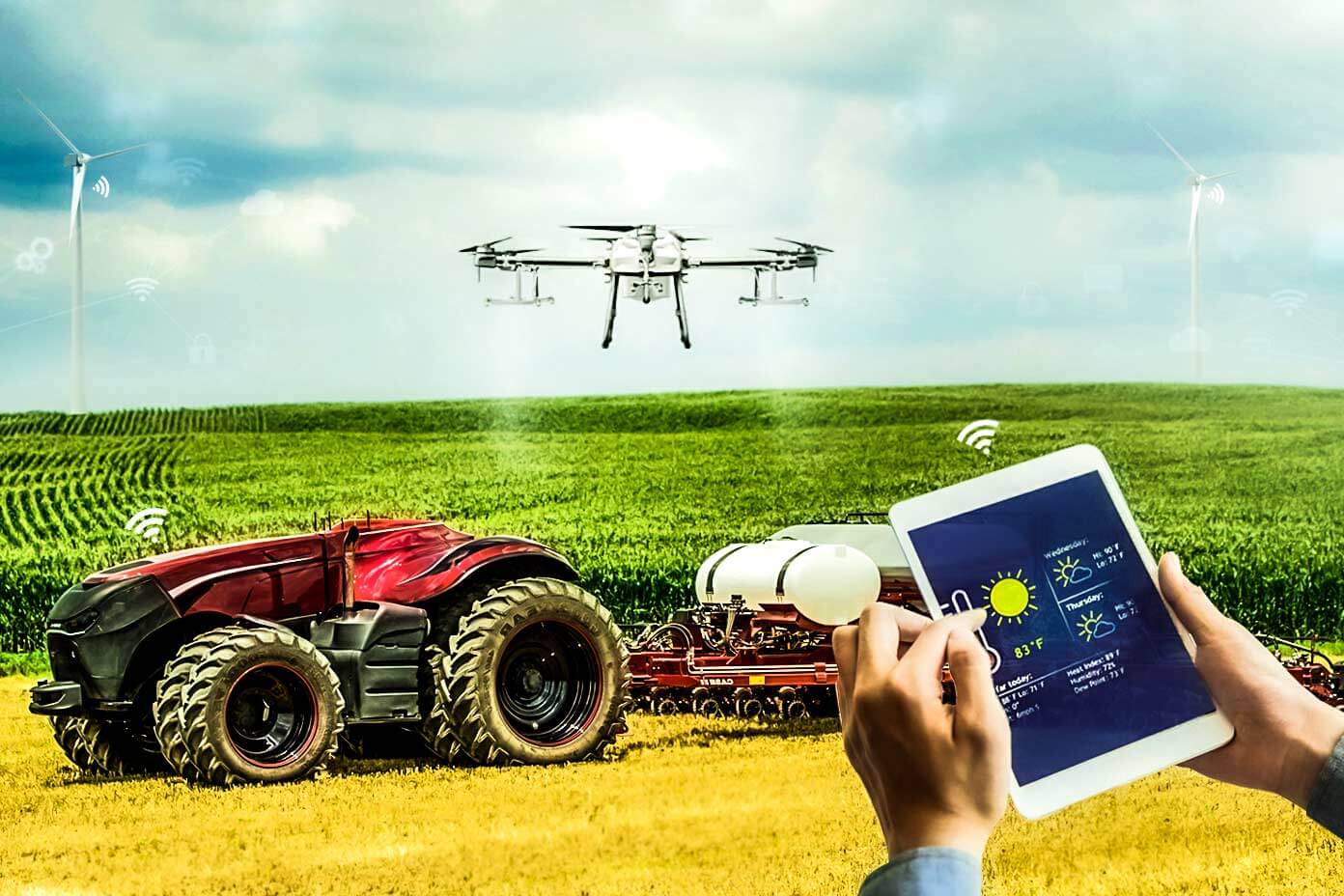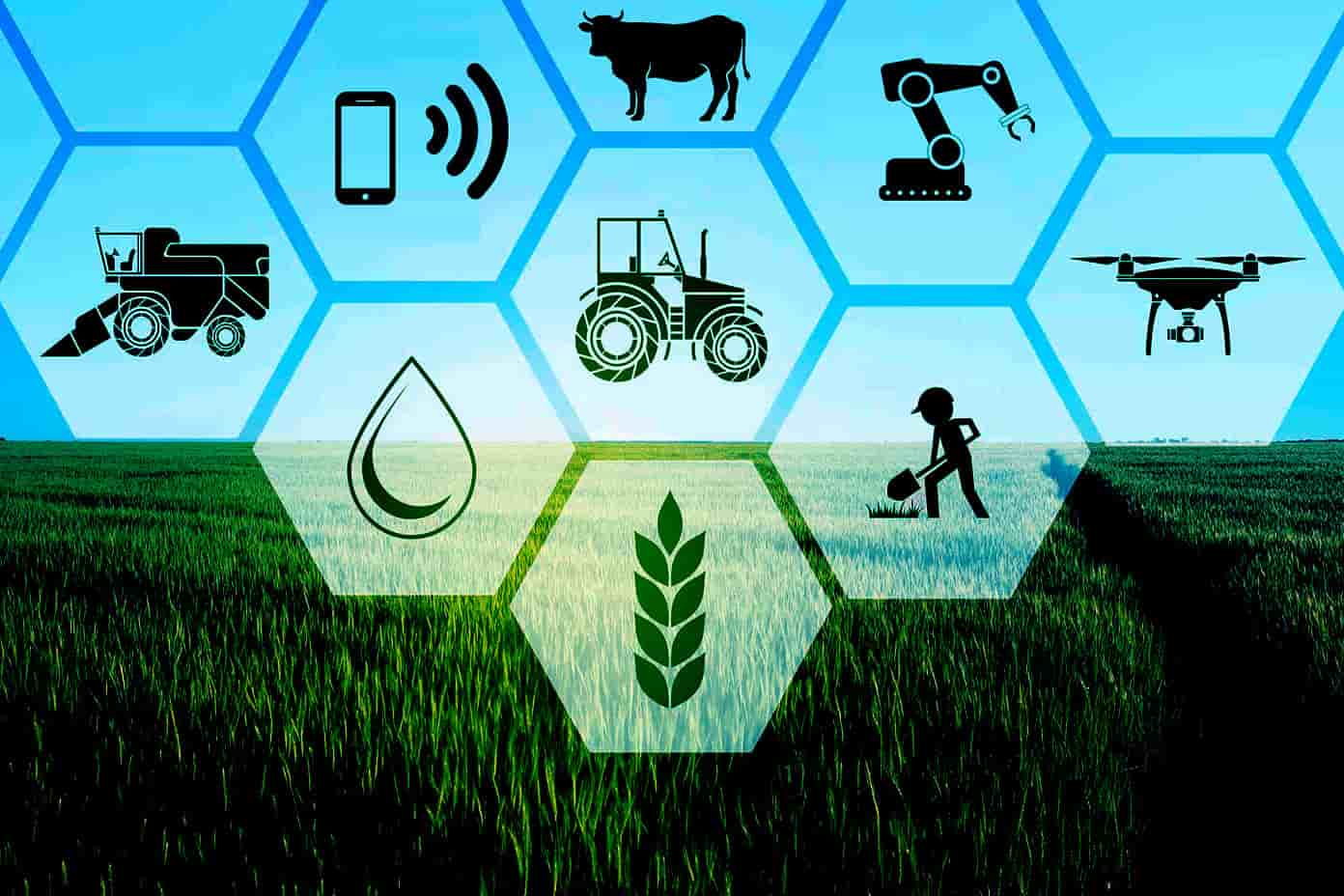Cultivating a Sustainable Future: Agriculture and Alternative Energy Sources
Technology and soil growing together to enrich the world

Agriculture has been the backbone of human civilization for millennia, providing food, fiber, and fuel to sustain our growing population. However, with the challenges posed by climate change and depleting fossil fuels, the time has come to explore alternative energy sources in agriculture for a sustainable future.
One promising avenue is the integration of renewable energy into farming practices. Solar panels can be installed on vast stretches of farmland, harnessing the abundant sunlight to generate clean electricity. These panels not only power farm operations but also contribute surplus energy to the grid, reducing reliance on non-renewable sources. Additionally, wind turbines can be strategically positioned in open fields to harness wind energy, providing a consistent and eco-friendly power supply.
Beyond electricity generation, bioenergy offers a remarkable solution by converting organic matter into usable fuel. Biomass, such as crop residues and manure, can be processed through anaerobic digesters to produce biogas, a renewable energy source. Biogas not only provides electricity but also produces nutrient-rich digestate, an excellent organic fertilizer, promoting circularity in agriculture.
Moreover, water-intensive farming practices can be revamped through hydroelectric power. By integrating small-scale hydroelectric systems into irrigation networks, farmers can produce electricity while efficiently utilizing water resources. This synergy ensures a sustainable water-energy nexus, critical for agricultural resilience.
Innovation in agriculture has also led to the development of plant-based biofuels. Crops like corn, sugarcane, and algae can be converted into bioethanol and biodiesel, offering cleaner alternatives to traditional fossil fuels. By dedicating specific land for biofuel cultivation, we can balance food production with energy needs.
To maximize the benefits of alternative energy in agriculture, smart technologies play a crucial role. Precision agriculture, powered by IoT devices, drones, and data analytics, optimizes resource usage and minimizes waste. Automated machinery and electric vehicles further reduce the carbon footprint of farming operations.
Transitioning to alternative energy sources in agriculture comes with various challenges. Initial investment costs, technological adaptation, and awareness gaps require support from governments, NGOs, and private sectors. Incentives such as subsidies and tax breaks can accelerate the uptake of renewable energy solutions among farmers.

In conclusion, the marriage of agriculture and alternative energy sources heralds a promising path towards sustainability. By harnessing solar, wind, hydro, and bioenergy, farmers can mitigate the environmental impact of their practices while contributing to a greener grid. Embracing innovation and adopting smart technologies will pave the way for a thriving and resilient agricultural sector, securing a prosperous and bountiful future for generations to come.
Comments
Post a Comment